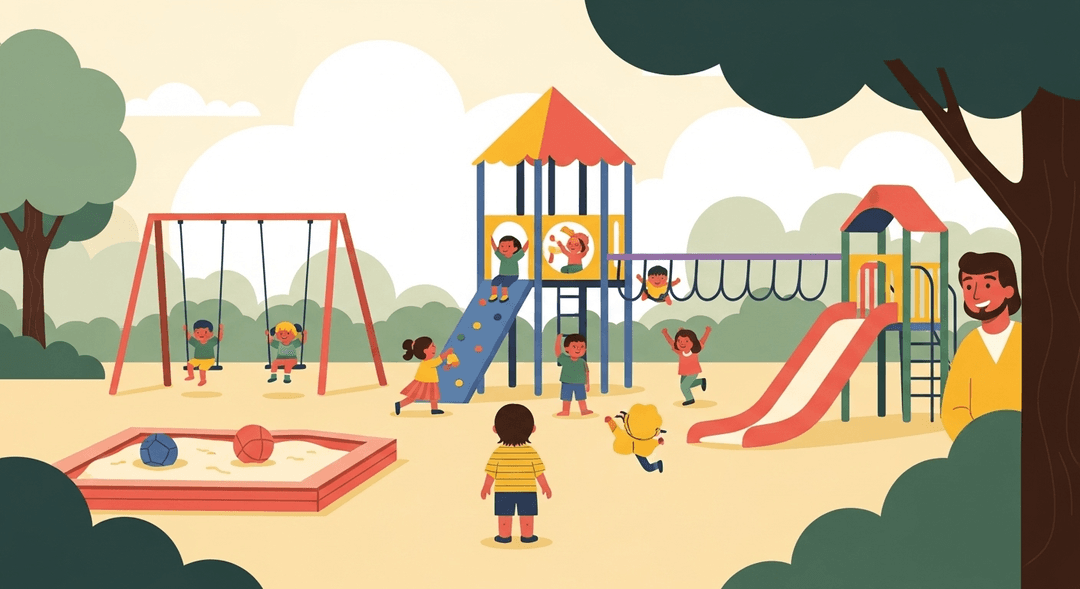Teach Them How to Join a Group or Conversation Politely
Ever watched your kid do the 'hover-and-hope' at the playground, orbiting a pack of kids like a shy satellite? Yeah, me too—cue the internal monologue: 'Should I intervene? Should I hide behind this tree?' If you’ve ever wished you could hand your child a script (or a magic spell) for jumping into group play without the awkwardness, this one’s for you. Spoiler: It’s less about secret handshakes, more about tiny, brave words.
When kids learn to join groups or conversations politely, they're building social confidence, empathy, and emotional regulation. This skill wires up the prefrontal cortex (hello, impulse control!) and boosts oxytocin—the brain's social bonding hormone. For parents, watching your child succeed at this is like getting a gold star in emotional intelligence, with a side of sweet relief.
How to do it
-
Start by brainstorming with your child a few easy phrases, such as:
- "Can I play?"
- "What are you guys building?"
-
Practice these phrases at home using stuffed animals or siblings.
- Bonus tip: Use silly voices to make practice more fun and engaging.
-
Model the behavior for your child.
- Let your child see you join groups politely at the park or at parties.
- Demonstrate friendly body language and a welcoming tone.
-
Role-play tricky social moments together.
- Act out different scenarios where your child might want to join in.
- Switch roles so your child can practice both inviting and joining.
-
Celebrate every attempt your child makes, no matter how small.
- Even an awkward "Um, hi?" is a win and deserves encouragement.
Key Tips:
- Keep practice sessions light and playful.
- Use positive reinforcement to build your child's confidence.
- Be patient—social skills take time to develop.
- Encourage your child to try again if things don’t go perfectly the first time.
